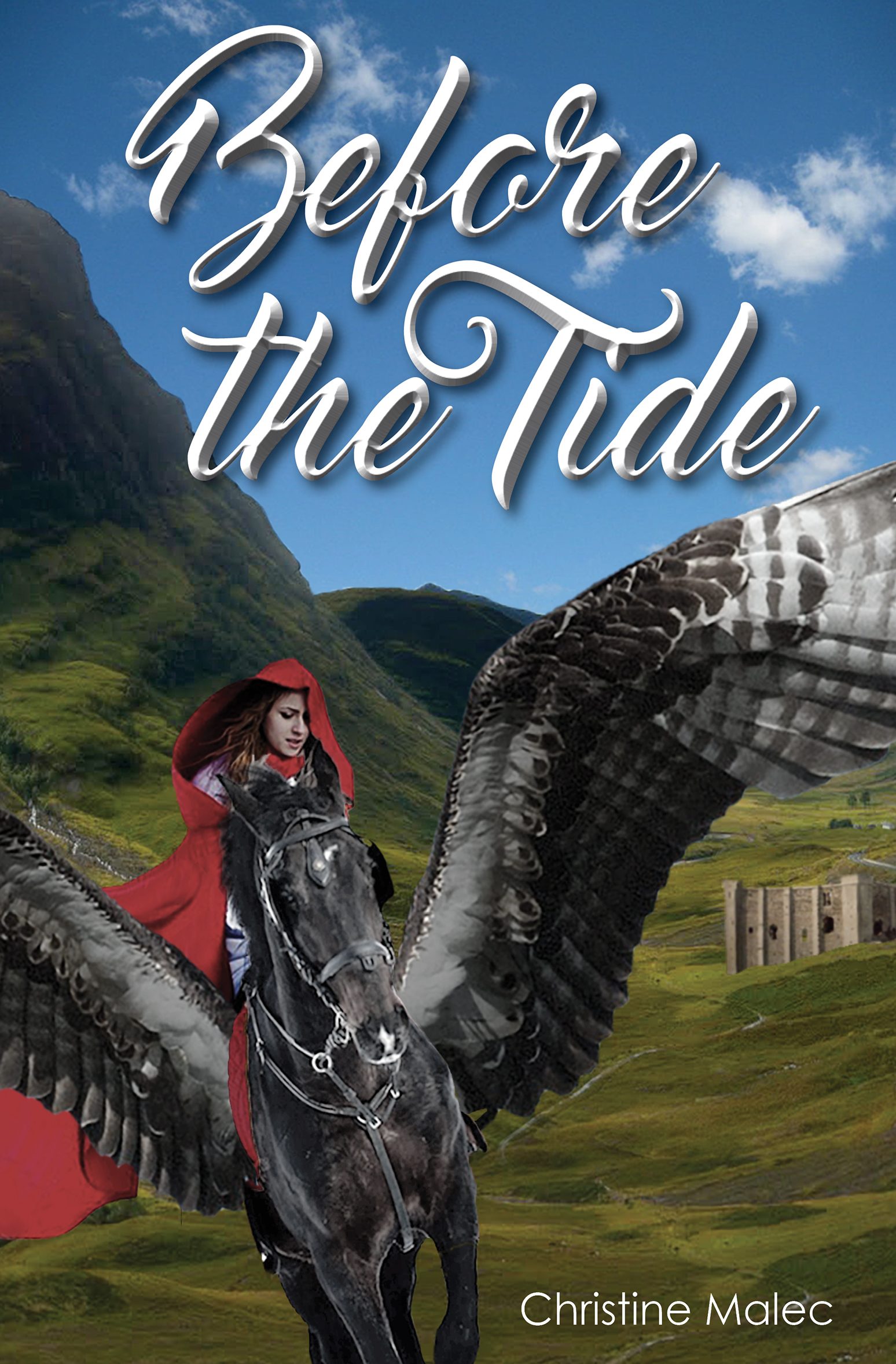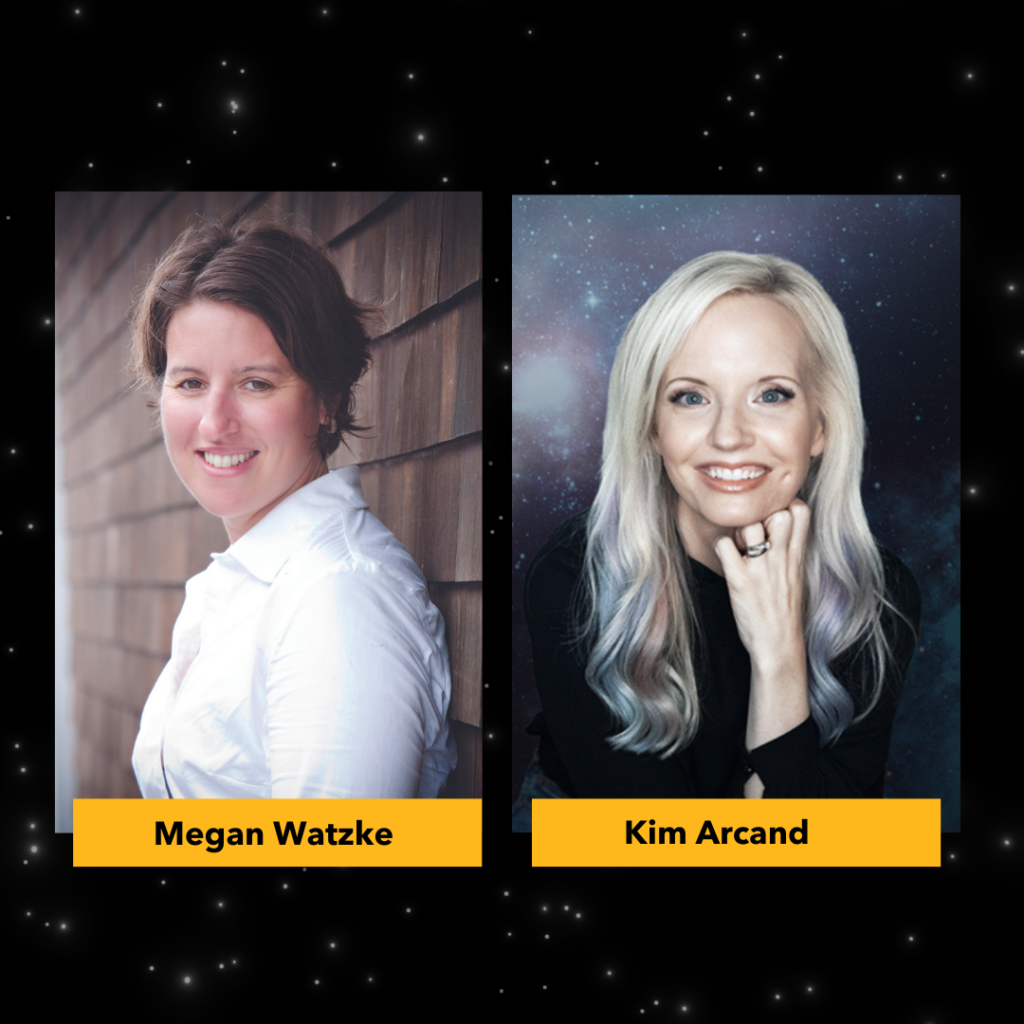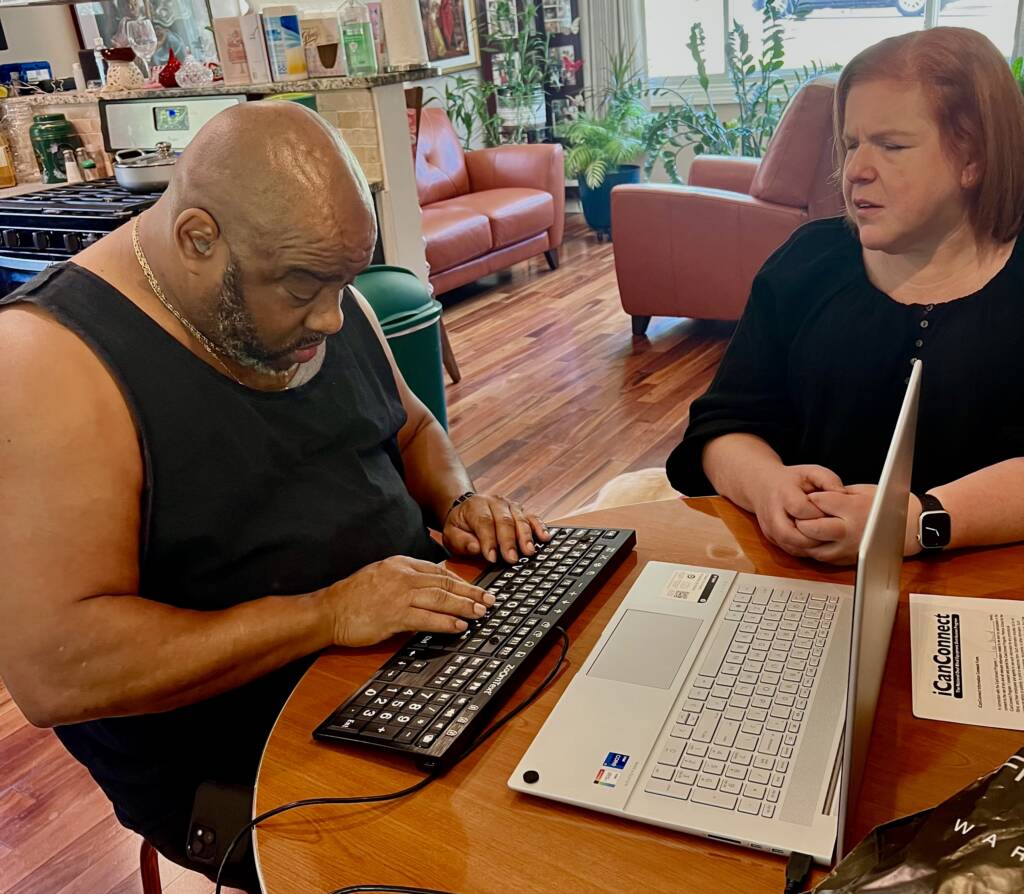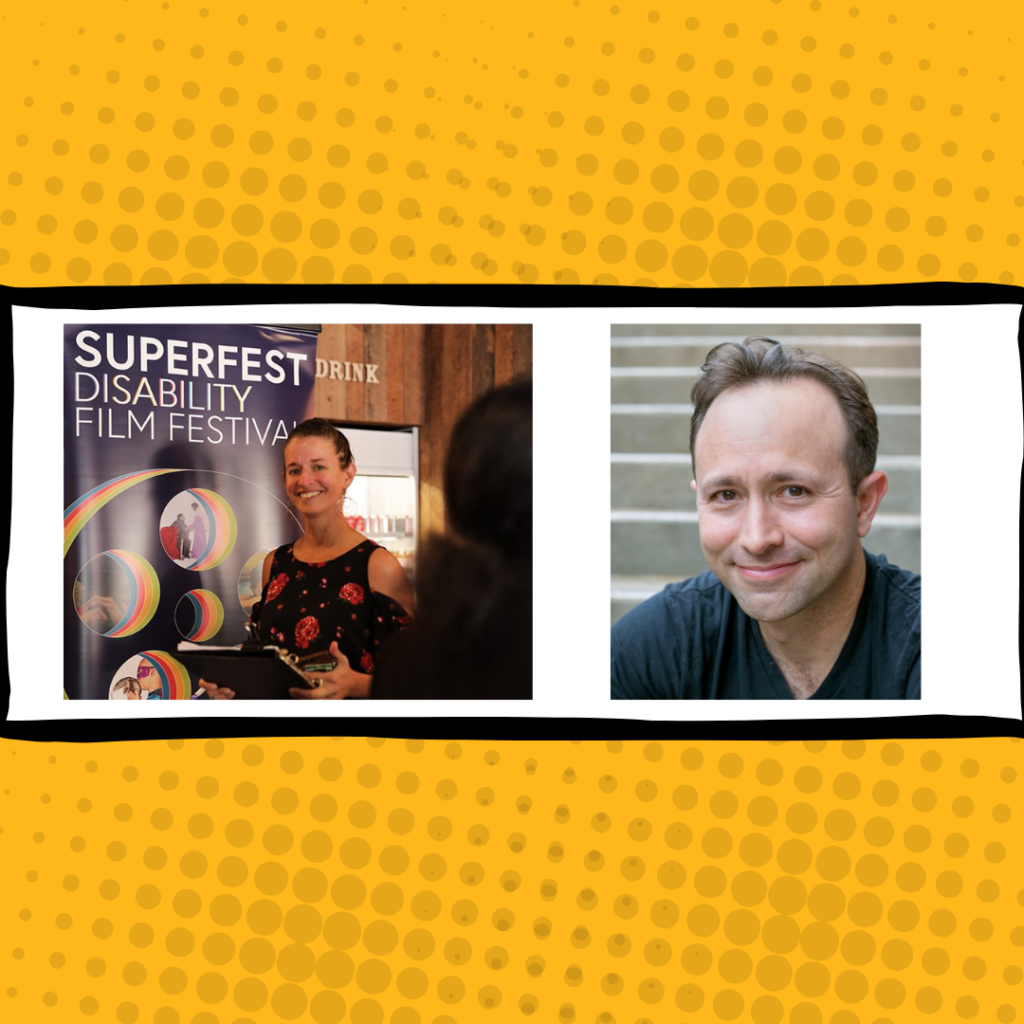Our global imaginative landscape was enriched when the first book of the Harry Potter series was published – and those of us so inclined found a new world to escape to.
As an avid reader and a passionate writer, I’ve enjoyed sharing my enthusiasm for it with readers of all ages and backgrounds. I’ve been part of online forums about the Harry Potter universe, and I recently published my second novel, Before the Tide, which is a work of fan fiction, telling the story of the four legendary founders of Hogwarts. (It’s free in text and audio, so look for the link at the bottom of this post, and go get it!)
As a blind kid, one of my most transformative experiences, on par with the magic of vending machines, was my discovery of audio books. Suddenly, a whole universe opened up to me.
Day-to-day life trying to fit into a sighted world and a mainstream school was stressful, but books gave me an escape that is still precious. And gone are the days of waiting years to get access to new books. The rise in popularity of audio books in the sighted world, as well as the availability of electronic texts, has radically changed the literary landscape for blind and visually impaired readers.
In the same way, our access to tools for writing and distribution has never been better. A competent user of access technology can produce a document, edit it, format it, and present it on the same independent forums as sighted writers. For me, one of the most challenging endeavours has been the goal to produce perfect copy. As an intermittent braille user and an audio book enthusiast, my spelling remains a work in progress – and I know I’m not alone in this in the blind community.
I’ve become an ardent advocate of honing our skills in this area, because it’s important, and because now, we can. I use an array of accessible utilities that allow me to check a document for spelling and grammar, irregularities in formatting, extra spaces or stray punctuation, unclosed quotes or brackets, or unintentional font changes. These tools have improved my copy enormously, and given me confidence to send my work out into the e-verse. I feel strongly that it’s worth the investment of time and energy to learn to produce the best work we possibly can. (Of course I’m still waiting for the tool that will catch homonym mistakes. I still have to look up beech trees vs. beach front, and root/route/rout.)
As a writer, my persistent curiosity is to try and define what makes us human across time and space. I think that growing up blind in a sighted world predisposed me to be an observer of human behaviour. Having a disability and moving through a world not made for us, we are often confronted with the best and the worst of people: the rushing subway rider who nudges you out of the way to make their train, or the rider who misses their train in order to lend a hand. Having a disability does, whether we like it or not, in some ways set us outside the conventional framework, and looking at things from the outside is, in some sense, what a writer needs to do.
This objective observer me, intersects with the me who looks for escape in books. My favourite genres to read are historical fiction and science fiction, because of this intersection. Toni Morrison said, “If the book you want to read doesn’t exist, then you must write it.” That’s what I’ve been doing. Questions form in my mind, and my imagination starts trying to answer them.
My first novel, Beltane, is a historical fiction book set in 16th-century France and Scotland. It’s a coming-of-age story about a young woman who finds herself grappling with the most controversial questions of any period: sex, politics and religion. My second book, Before the Tide, is set in 1066, and takes hints from J. K. Rowling’s magical universe, and weaves a story around the four founders of the wizarding school.
I’m grateful to be working in a time and place where technology allows me independence in research, production, and distribution.
Christine Malec is a totally blind writer and massage therapist living in Toronto, Canada. You can follow her on social media on Twitter, Facebook and YouTube.



